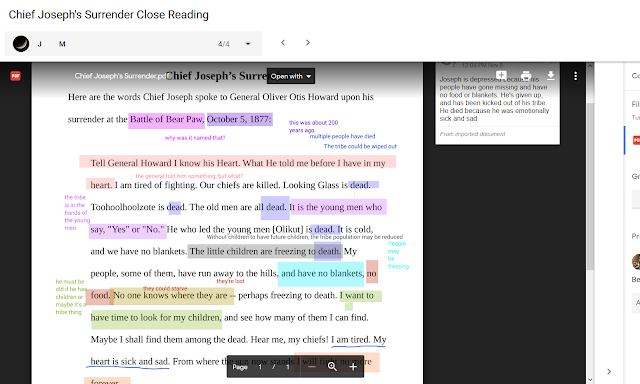A royal betrayal of Liberty
Thomas Hutchinson, the last royal, civilian, colonial governor
of Massachusetts, in better days
An accomplished man (he entered Harvard at 12 and found the work easy) and native of Massachusetts, Thomas Hutchinson found himself in a difficult situation: As royal governor, he served at King George III's pleasure but had to deal with an increasingly defiant and rebellious citizenry. Already violence had flared between Colonials and the British. In 1770, British troops fired on a crowd of Americans, killing five, in an event that came to be known as "the Boston Massacre." When Patriots demanded that the soldiers be removed from the city, Hutchinson refused. John Adams declared that the governor was:
"chargeable before God and man with our blood. The soldiers were but passive instruments, were machines, neither moral nor voluntary agents in our destruction . . . You were a free agent. You acted coolly, deliberately, with all that premeditated malice, not against us in particular but against the people in general, which in the sight of the law is an ingredient in the composition of murder. You will hear further from us hearafter."What was Hutchinson's solution to this conflict? He suggested in letters to his friend and fellow British official Thomas Whately that the Parliament "subdue" the citizens of Massachusetts by depriving them of their rights. That suggestion would have been fine as long as no one in the Colonies found out about his scheming, but someone did.
Benjamin Franklin, who had been living in England for the eighteen years prior to the start of the Revolution, acquired the letters (no one knows how) and sent copies to his fellow Patriots back home in Boston. The result was disastrous. An already alarmed citizenry was rightly incensed at its governor's desire to make them submit to tyranny.
(Increased tension at home was not the only result of the dissemination of the letters: Benjamin Franklin, upon learning about a duel between Whately's brother and the man he accused of stealing his now dead brother's letters, publicly announced on December 25, 1773 that he alone was responsible for obtaining and sending the letters. And the king's Privy Council, deciding whether or not to honor a petition to remove Hutchinson as governor, ridiculed and humiliated Franklin publicly. English newspapers attacked him, and former friends betrayed him. Despite all the personal suffering caused by making Hutchinson's letters public, Franklin was resolute, calling the act one of the best things he ever did.)
Later, in response to the Boston Tea Party (December 16, 1773), the British Parliament passed the Intolerable Acts (March 1774), which included forcing private citizens to house British troops within their own homes. Despite Hutchinson's desire to preserve British authority in America, within a year the Revolution had begun.
The rest is . . . history.



Comments